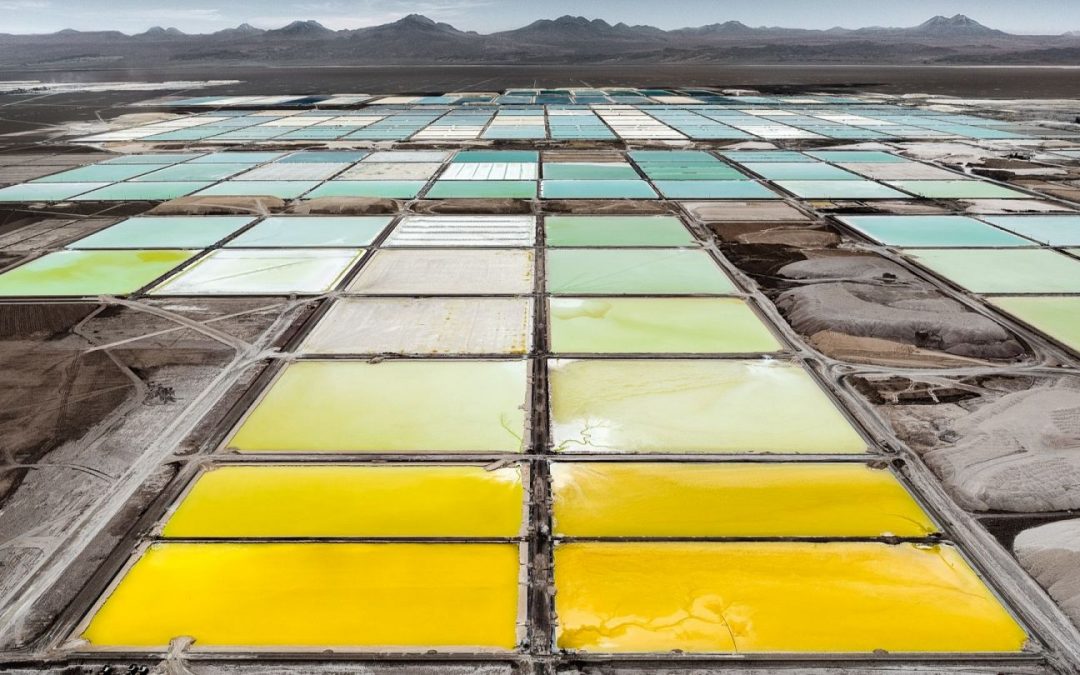As the world increasingly relies on battery-powered devices, the demand for batteries continues to grow rapidly. With the production of batteries comes environmental challenges, as the mining and processing of the materials required for traditional lithium-ion batteries can have a significant impact on the environment.
Enter the race to find a more sustainable battery solution. Researchers and companies are exploring alternatives to lithium-ion batteries that could be more environmentally friendly and sustainable. One promising option is zinc-based batteries.
The Zinc Battery Advantage
Zinc has many advantages over lithium as a battery material. For one, zinc is more abundant than lithium and is widely available around the world. This makes it a more sustainable option than lithium, which is primarily sourced from a few countries.
Another advantage of zinc is that it is non-toxic and non-flammable, making it a safer option than lithium. Zinc-based batteries also have a higher energy density than traditional lead-acid batteries, which are commonly used in applications such as car batteries.
One company leading the charge in the development of zinc-based batteries is the Canadian start-up Zinc8 Energy Solutions. The company’s zinc-air battery is designed to provide long-duration energy storage for applications such as microgrids, renewable energy storage, and backup power systems.
The Zinc8 battery uses zinc and air as its primary materials, and the company claims that it has a lifespan of over 20 years with minimal maintenance. The battery is also fully recyclable and does not require any hazardous materials to operate.
Other Sustainable Battery Options
While zinc-based batteries show promise, they are not the only sustainable battery option being explored. Other companies are exploring the use of materials such as sodium and magnesium as potential battery materials.
For example, the Australian company Energy Renaissance is developing a lithium-ion battery alternative that uses lithium ferrophosphate, a non-toxic and non-flammable material. The company claims that its battery has a higher energy density than traditional lithium-ion batteries, making it a more efficient option.
Another company, Epsilor Electric Fuel, is developing a magnesium-based battery that it claims will have a higher energy density and a longer lifespan than traditional lithium-ion batteries. The company’s battery is also non-toxic and non-flammable, making it a safer option.
Challenges and Opportunities
While sustainable battery options show great promise, there are still challenges to overcome. One of the biggest challenges is scale, as sustainable battery technologies are still in the early stages of development and have not yet achieved the economies of scale that traditional lithium-ion batteries have.
Another challenge is the need for infrastructure to support sustainable battery technologies. For example, zinc-air batteries require air to operate, which means that they need to be designed to operate in environments with sufficient airflow. This can be a challenge in some locations, particularly in densely populated urban areas.
Despite these challenges, the development of sustainable battery technologies presents a significant opportunity. As the demand for batteries continues to grow, the market for sustainable battery technologies is expected to expand rapidly. This presents an opportunity for companies and researchers to develop new technologies that can help address the environmental challenges associated with traditional batteries.
We need alternatives to lithium batteries
The race to find a more sustainable battery solution is well underway, with researchers and companies exploring a range of options, from zinc-based batteries to sodium and magnesium-based batteries. While there are still challenges to overcome, the development of sustainable battery technologies presents a significant opportunity to address the environmental challenges associated with traditional batteries.

